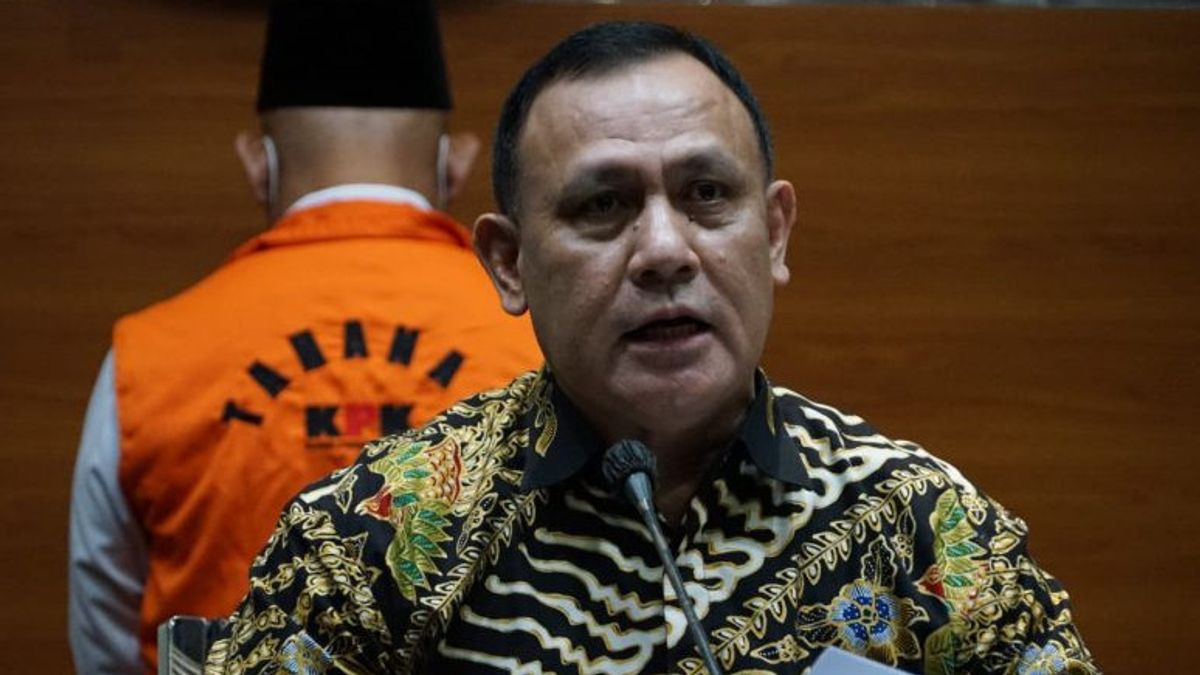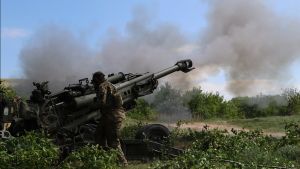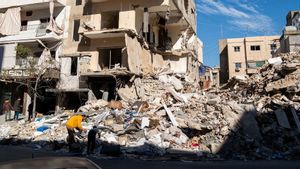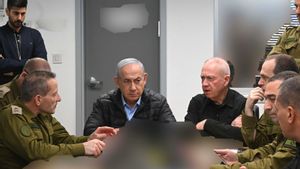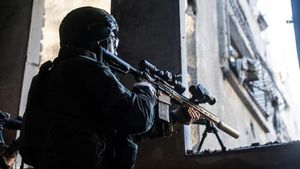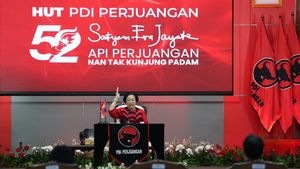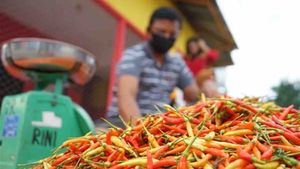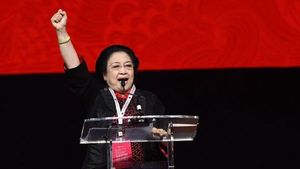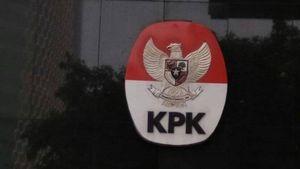JAKARTA - Chairman of the Corruption Eradication Commission (KPK) Firli Bahuri said building an orchestra is an effective and comprehensive step in eradicating corruption.
"We hope that the corruption eradication orchestration will show its maturity more and more so that the benefits and good effects can be seen by the people," said Firli in a written statement received in Jakarta, reported by Antara, Sunday, April 24.
He said that in the way state institutions work, the orchestration must be led by the president. According to him, the president is the holder of the most power and is elected by the people to lead major changes.
"In this case, the KPK will act as an institution that carries out prevention, coordination, supervision, and monitoring of the administration of state government so that the policy of the presidential cabinet will facilitate the work of the KPK in these tasks in accordance with the mandate of Article 6 of the KPK Law," said Firli.
In the task of coordination, he gave the example of the Supreme Audit Agency (BPK) as an important institution in eradicating corruption. BPK, he said, has expertise and can find investigative irregularities in state administration and state financial management.
"BPK is one of the leading institutions not only at the national level as the country's highest auditor but even at the international level, BPK Indonesia is one of the best financial audit institutions that is trusted to examine institutions under the United Nations," he said. as well as institutions working upstream as creators of system flows. In this case, Firli said that it is important for the legislature and political parties to improve themselves so that they do not produce bad politicians and regulations that open up opportunities and are friendly to corrupt practices.
"Within that framework, the KPK is trying to gather politicians and political parties so that they really have a sharp orientation in eradicating corruption because politicians and political parties are not just branches of power but trees of power," he said.
As the main partner of the KPK in eradicating corruption, he revealed that his institution has also often coordinated and signed cooperation and memorandums of understanding (MoU) with the Police and the Prosecutor's Office, which so far have been running well and optimally.
"At least, if in the past there were frequent conflicts between law enforcers, now there are no more conflicts and each of them carries out their duties to coordinate and work together to be effective in eradicating corruption," said Firli.
Furthermore, he said, at the downstream of power there is judicial power. The KPK also hopes that the judiciary will improve and improve itself.
"The judicial power, in this case the Supreme Court, the Constitutional Court, and the Judicial Commission is at the core of revamping the final system, they are the ones who determine a fair justification for a system. Their decisions are what create a sense of justice in our society," he said.
Apart from the three branches of power that work as executive, legislative, and judicial, Firli continued, there are also state auxiliary bodies which have the function of complementing and perfecting the core branches of state power.
He explained that state institutions such as the National Human Rights Commission (Komnas HAM), the Financial Transaction Reports and Analysis Center (PPATK), the Witness and Victim Protection Agency (LPSK), and dozens of other institutions that work in the concept of semi-state institutions in their respective families are very help create an ideal orchestra for system improvement and corruption eradication.
"With maximum function and work, we trust and believe that the climate for eradicating corruption will find its most ideal rhythm so that it becomes something that we can enjoy and realize together in the future," he said.
The KPK also hopes that the corruption eradication orchestration will increasingly show its maturity so that the benefits and good effects can be seen by many people.
"We also hope for support from civil society and the mass media as well as social media to not only help but take part in this orchestra," said Firli.
The English, Chinese, Japanese, Arabic, and French versions are automatically generated by the AI. So there may still be inaccuracies in translating, please always see Indonesian as our main language. (system supported by DigitalSiber.id)
